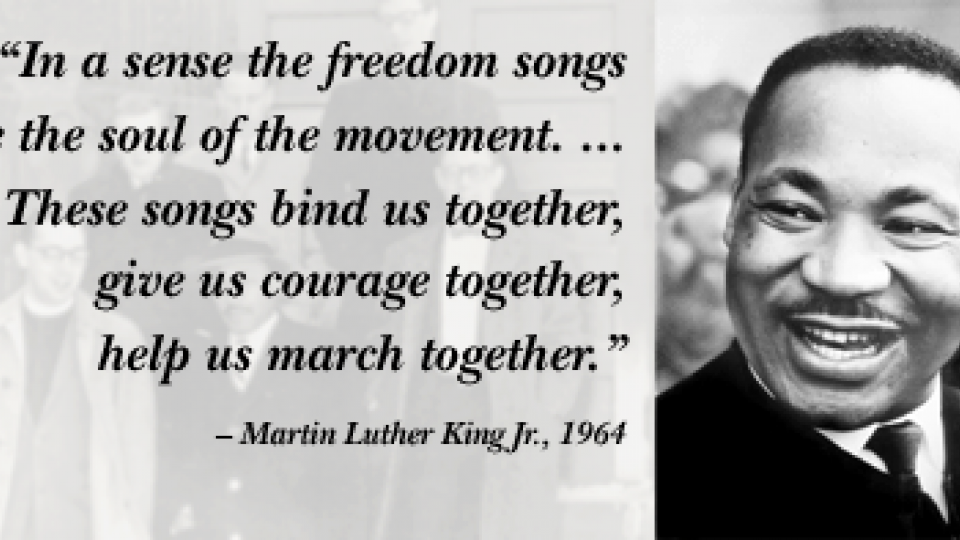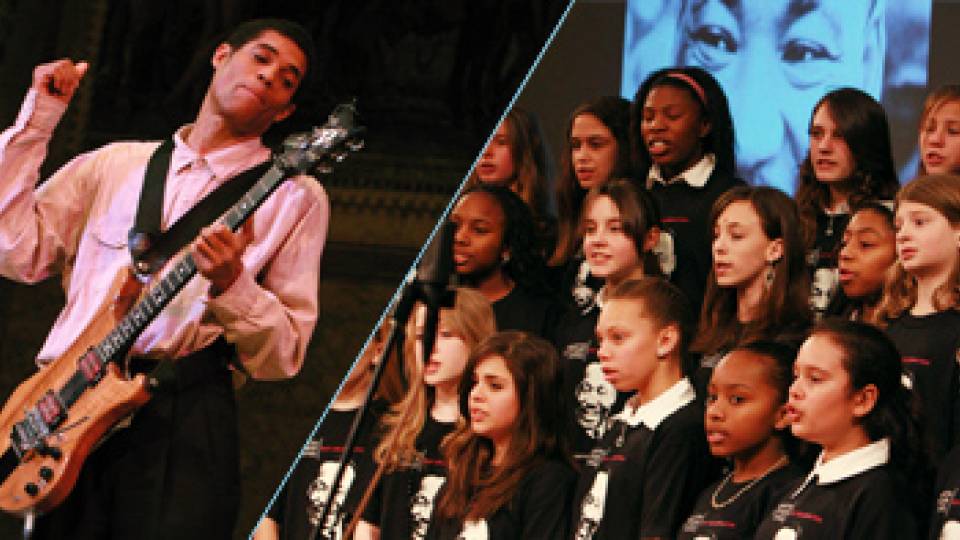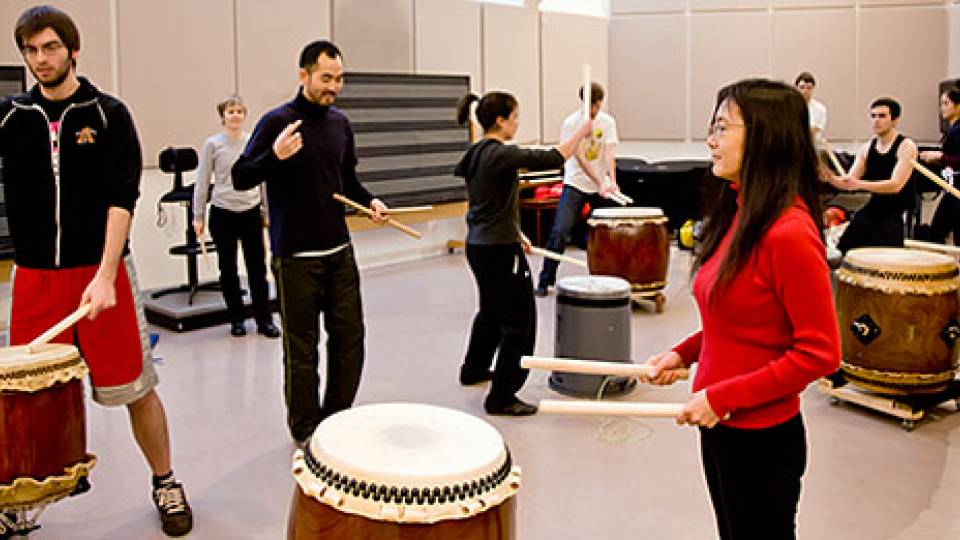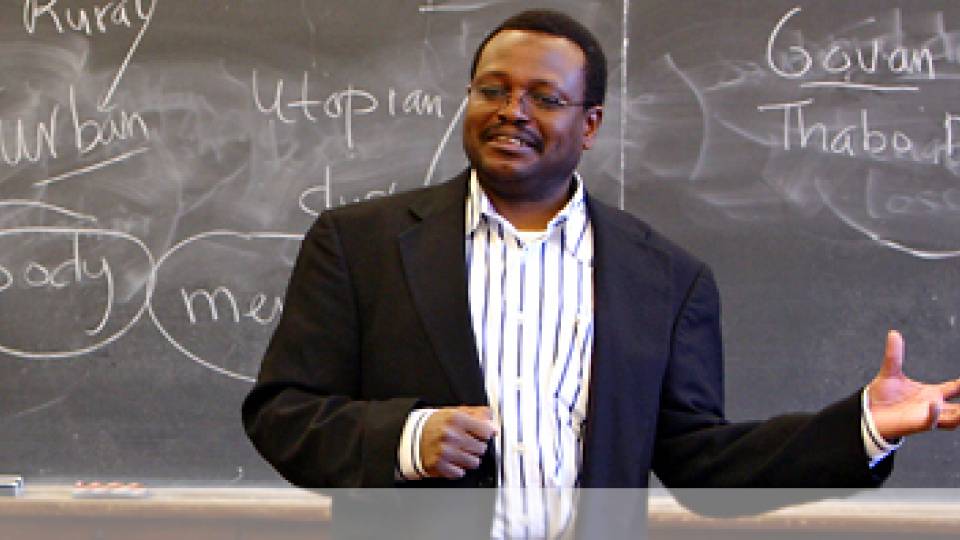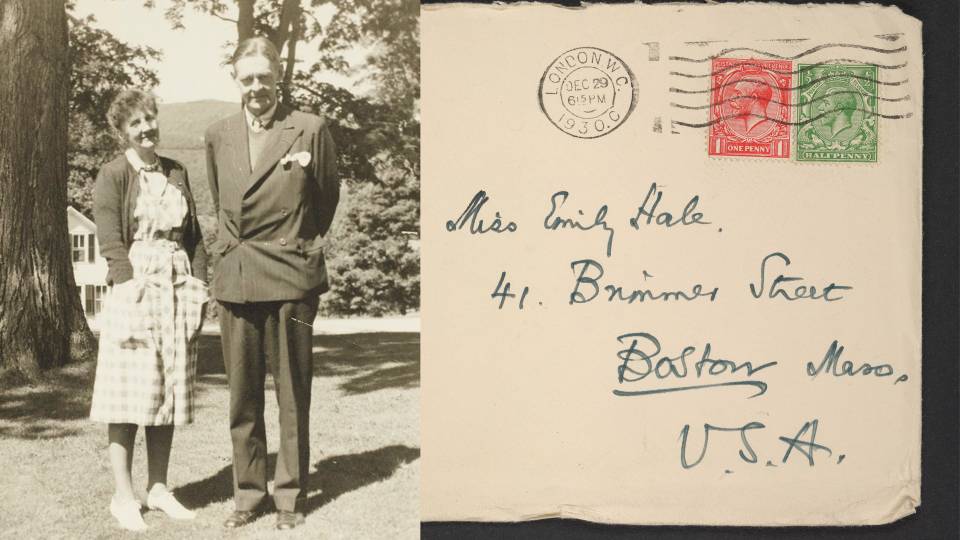More than a century before Sidney Poitier shared Hollywood's first interracial kiss in "Guess Who's Coming to Dinner" and Jimi Hendrix reinvented "The Star-Spangled Banner" as an incendiary guitar solo, a fugitive slave named Henry "Box" Brown startled audiences with his extraordinary performances.
Brown earned his nickname by escaping slavery in 1849 in a wooden crate mailed from Richmond, Va., to Philadelphia in collaboration with a black freeman and a sympathetic white shoemaker. Upon gaining his freedom, Brown toured the free states and England with a panoramic exhibition called "Mirror of Slavery," a moving scroll of scenes that intimately depicted slave life and his own quest for freedom.
In the eyes of Daphne Brooks , an assistant professor of English at Princeton who specializes in African-American literature and culture, Brown was a "multimedia genius" whose work prefigured the advent of motion pictures -- making him as much of a groundbreaking cultural figure as more renowned black activist-entertainers such as Poitier or Hendrix. He also is among an assortment of unconventional writers, actors and musicians whose work infuses Brooks' research and teaching in English and in the Program in African-American Studies .
Building on her own eclectic tastes, Brooks focuses on the evolution of African-American culture and its influence on generations of writers, musicians and performers, both black and white. Since joining the Princeton faculty in 2001 from the University of California-San Diego, Brooks has taught courses on African-American literature and culture, performance studies, critical gender studies and popular music. She recently completed a book on avant-garde black performers of the 19th century and is now writing about the life and music of Jeff Buckley, a white rock musician whose sudden death in 1997 ended a short but acclaimed career.
"She is really in the forefront of her generation of intellectuals who are transforming the study of literature and culture," said Valerie Smith, the Woodrow Wilson Professor of Literature and director of the Program in African-American Studies.
Read the full story in the Weekly Bulletin.
Contact: Eric Quinones (609) 258-3601
